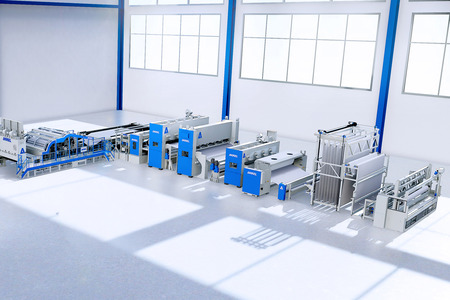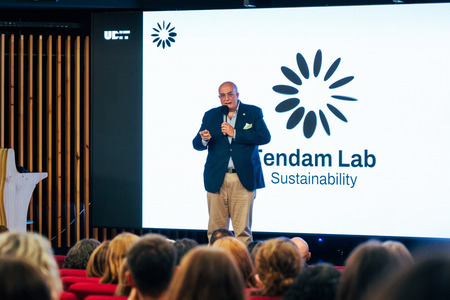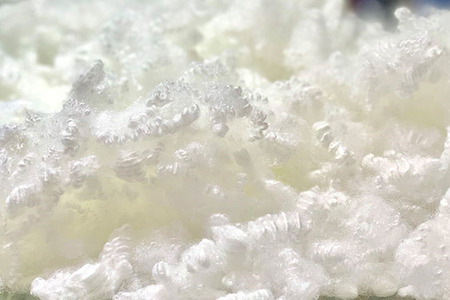
Central Saint Martins researchers partner with Colorifix on PhD project
YarnsandFibers News Bureau 2023-03-23 15:08:24 – United KingdomUK biotechnology company Colorifix and Central Saint Martins College of Art and Design (CSM) at the University of the Arts London (UAL), have teamed together on a new PhD research project, in order to accelerate the transition to microbial color printing in the textile sector.
The news was disclosed via a post on LinkedIn by Carole Collet, a professor affiliated with the institution where she serves as the co-director of the Living Systems Lab Research Group at CSM.
Ruth Lloyd, a designer and PhD candidate at Central Saint Martins, is the project's leader. Lloyd is a textile designer with extensive training in and understanding of textile printing.
The PhD candidate's research study will be supervised by CSM researchers Carole Collet and Alice Taylor as well as Jim Ajioka, chief science officer for Colorifix.
From 2021 to 2022, Ruth Lloyd served as Colorifix's designer in residence. According to the release, she will research ways to create "a scalable bio-based colouring framework for the dyeing sector."
According to a blog post by researcher Collet, the textile industry utilizes one of the largest amounts of water globally—approximately more than 5 trillion liters annually. In addition, around 70 different chemicals, many of which are "very hazardous compounds, are employed in its dyeing operations."
To substitute for the chemicals used in petrochemical dying procedures, Colorifix uses simple sugars and plant by-products. This technique helps the business to decrease the amount of water and energy needed in textile dyeing in addition to getting rid of the harmful chemicals currently used in the sector.
Researcher Carole Collet, said that they are delighted to activate their formal collaboration with Colorifix via this innovative PhD project and are looking forward to working with leaders in bacterial biotechnologies to develop new knowledge for regenerative fashion systems.
Professor Jim Ajioka, chief science officer at Colorifix Ltd, added that collaborative PhD projects like theirs with Central Saint Martins would become an increasingly important component of research at the intersection of science and design, especially for industrial adoption of bio-based products and processes.
Market Intelligence
Ask for free sample Report

experience
Customer Base
dedicated team
Countries Served Worldwide









